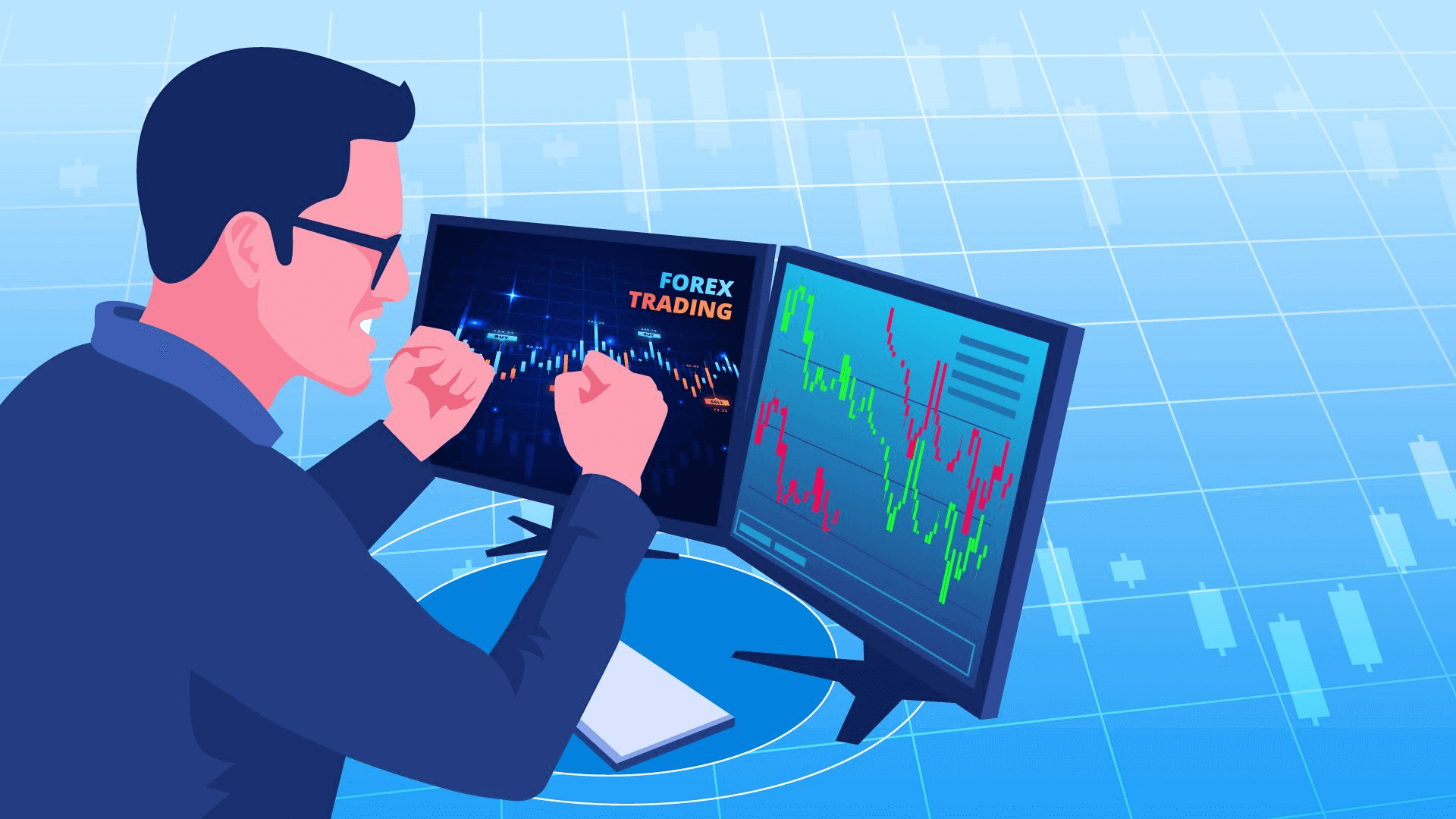A detailed insight into forex market regulations

Trading in foreign exchange (forex) currencies is one of the most popular trading avenues and commands a large share of the global revenue earnt from trading. As per data released by Daily Forex, the global revenue of forex trading amounts to more than $ 5.3 billion every day.
However, there is a huge catch. In spite of its enormous size, the forex industry has scattered regulations and legislature. There is a lack of a global body to prevent trading scams or large-scale market crashes. In addition, the lack of stringent and effective regulations leaves novice traders vulnerable to profit-based brokers.
Nevertheless, it is important to be aware of the existing regulations in the industry. You can understand the common styles of forex trading strategies much better if you know what your rights are, and safe-guards as a forex trader.
Why is forex regulation so important?
The answer is simple—it promotes transparency and honesty within the forex brokerage system. Different regulation systems in the forex world ensure that forex traders engage in fair and ethical transactions. A wide range of criminal and civil regulations can help regulatory bodies protect the consumers and penalise the firms or individual traders that engage in bad faith transactions.
At present, the limited powers with regulatory bodies and the relative lack of legislature and regulations make it difficult to police an incredibly vast market. Authorities have less number of aces up their sleeves to check fraudulent trading behaviours across the world.
Current regulatory approaches across the world
Although there’s no centralised regulating body for the international forex market, individual markets in several countries are supervised and monitored by different regulatory bodies.
These bodies regulate the forex markets in their respective countries by setting some mandatory standards. These may include compulsory registration and licensing from the organisation for any trader, random unexpected audits, and a complaints tribunal. These measures ensure that currency trading is ethical and fair within the country.
Here is a list of different forex regulatory bodies in different countries.
- The United Kingdom (UK): The Financial Conduct Authority (FCA)
- The United States of America (USA): The National Futures Association (NFA) and the Commodities Futures Trading Commission (CFTC)
- Australia: The Australian Securities and Investments Commission (ASIC)
- Japan: The Financial Services Agency (FSA)
- Canada: The Investment Industry Regulatory Organisation of Canada (IIROC)
- Hong Kong: The Securities and Futures Commission (SFC)
- Singapore: The Monetary Authority of Singapore (MAS)
Apart from these organisations, there have also been several efforts at a global level such as the MiFID (Markets in Financial Instruments Directive)by the EU members and the UK.
A formal course in forex trading can allow you to familiarise yourself with the all the current regulatory bodies in different countries. You also understand the limitations and implications of following different forex regulations. This knowledge can help you formulate effective and profitable trading strategies.
There are scores of forex trading courses available online or offline in London. You should select a trading programme that suits your professional ambitions and trading aspirations.



0 comments